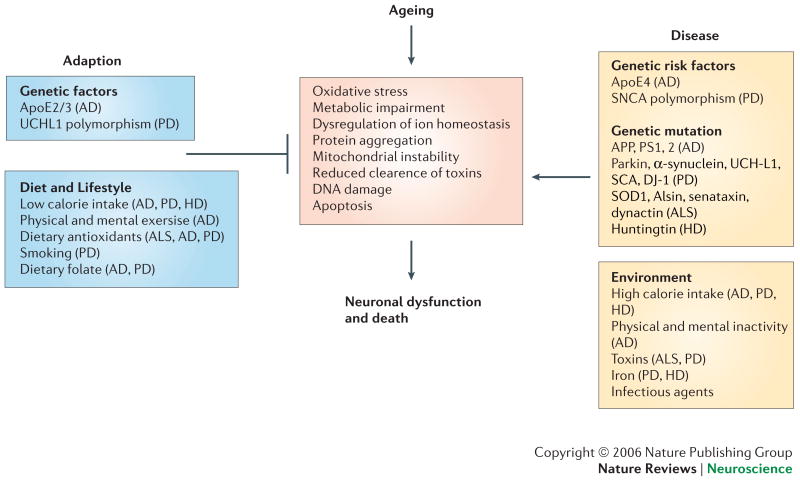Figure 2. The nervous system may respond adaptively, or may succumb, to ageing.
In aging and neurodegenerative diseases, neuronal death may be triggered by specific genetic mutations (for example mutations in huntingtin, presenilins, α-synuclein, and Cu/Zn-SOD) and/or environmental factors such as toxins or dietary components. Initiating factors promote cellular alterations including increased oxyradical production, perturbed energy and calcium homeostasis, and activation of apoptotic cascades. However, each factor cooperates with age-related increases in oxidative stress, metabolic compromise, DNA instability, and ion homeostasis dysregulation to disrupt neuronal integrity resulting in synaptic dysfunction and cell death. In addition, changes in glial cell homeostasis occur and contribute to inflammatory processes and white matter damage in neurodegenerative disorders. AD, Alzheimer's disease; ALS, amyotrophic lateral sclerosis; Apo E2/3, apolipoprotein isoforms 2 and 3; APP, amyloid precursor protein; DJ-1, HD, Huntington's disease; PD, Parkinson's disease; PS1, 2, presenilins 1 and 2; SCA, spinocerebellar ataxia; SCNA, ; SOD1, superoxide dismutase 1; UCHL1, ubiquitin c-terminal hydrolase 1.

